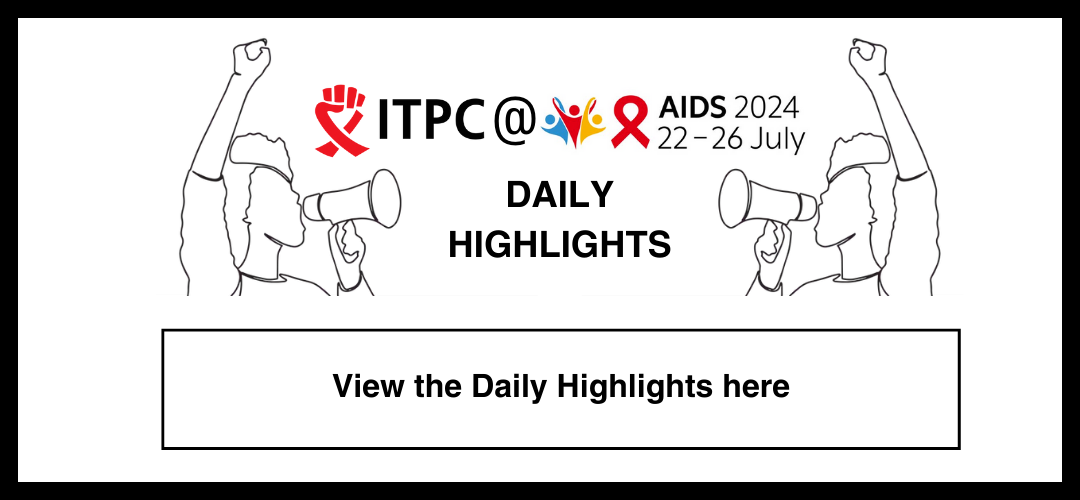International Treatment Preparedness Coalition – Eastern Europe publishes its report ARV Procurement in 2014: History of Decentralization in English.
The number of people living with HIV and on treatment in Russia, is less than a third of the total number of people who need treatment. The price of anti-retroviral therapy remains a significant barrier to treatment in the country.
The conclusions and recommendations of the report are included below in full. For the full report download the pdf.
Conclusions and Recommendations
One of the main problems in provision of HIV-positive patients with drugs in Russia is that the number of people who need treatment considerably exceeds the number of patients who receive the therapy. This is confirmed by the relevant statements of officials, publications in mass media, numerous statements of patients, as well as indirectly by the results of this report.
Recommendations for Government of the Russian Federation
Based on the results of analysis of ARV procurement, this problem may be solved by sharp decrease in prices for drug in order to increase the therapy coverage. For this purpose, the Government of the Russian Federation and other competent authorities are suggested to take the following measures:
- Develop and adopt a normative document regulating the incremental reduction in prices of drugs, including those for HIV treatment. The document should specify the obligation of generic manufacturers to register prices at the level not less than 30% below the price of the original drug. In addition, each subsequent generic drug must be also registered at a price below the prices of analogues existing in the market.
- Consider the possibility of full or partial centralization of ARV procurement to increase the volume of purchases, which will allow reducing the price in the long run. In addition, it is recommended to analyze the feasibility of direct procurement of drugs from LEM without distributors to minimize their influence on the price change.
- Consider the possibility of issue of compulsory licenses on clinically important ARV drugs that have no analogues in the Russian market and/or that have a significant share in the federal budget for antiretroviral therapy. According to the authors of the report, first of all, attention should be paid to the following drugs: lopinavir/ritonavir, raltegravir, atazanavir and tenofovir/emtricitabine.
- Use other possibilities provided for by the flexible provisions of the TRIPS Agreement, in particular, parallel imports, to reduce prices of drugs for treatment of socially significant diseases.
Recommendations for the Ministry of Health
Based on the results of analysis, it is evident that patients in Russia receive non-optimum HIV treatment regimens according to the recommendations of WHO. In this regard, the Ministry of Health and other competent authorities are recommended to:
- Ensure regular (at least once per annum) review of the list of essential medicines in order to consider the possibility of inclusion of newly registered ARV drugs, as well as exclusion of drugs not recommended for the use in HIV treatment;
- Revise legal acts regulating the process of registration of drugs in the Russian Federation in order to facilitate the entry to market of new drugs, including generics.
Based on the results of analysis, it may be concluded that ARV procurement is still not functioning well in the Russian Federation. There is a significant difference in prices for the 45 same drugs in different constituent entities of the Russian Federation, different systems are used for justification of the initial maximum price, and auctions are delayed due to agreement of the auction documentation with regulatory authorities.
Recommendations for Consumer Rights and Human Welfare Protection
In this regard, the Federal Service for Consumer Rights and Human Welfare Protection (Rospotrebnadzor), the Federal AIDS Centre and other competent authorities are recommended to:
- Maintain a unified register of HIV-positive patients and oblige constituent entities of the Russian Federation maintain similar registries at the regional level containing parameters important for prescription and continuation of treatment, as well as forecasting of the demand for drugs in order to optimize the process of procurement and provision of ARV therapy;
- Provide technical support and training to administrators of AIDS centres and specialists of regional ministries of health in order to improve the planning and procurement under FZ-44 for prevention of interruptions in supply of ARV drugs, with a special emphasis on justification of the initial maximum price and approval of
auctions with a single supplier; - Consult with regulatory authorities for the possibility to conduct more rapidly (on a priority basis) inspections of auctions for ARV procurement with a single supplier in order to avoid interruptions in supply of essential medications;
- Recommend to AIDS centres and regional health committees closer interaction with patient organizations in planning and procurement of ARV drugs;
- Develop an official position and recommendations on procurement of combination forms of ARV drugs in cooperation with the Federal Antimonopoly Service, AIDS centres and regional ministries of health.
AIDS centre and regional ministries of health are recommended to interact with patient organizations in planning and procurement of ARV drugs to prevent interruptions, as well as in connection with increase in the number of generic drugs in the market to hold consultations for patients regarding replacement of one trade name for another for the same international non-proprietary name.

